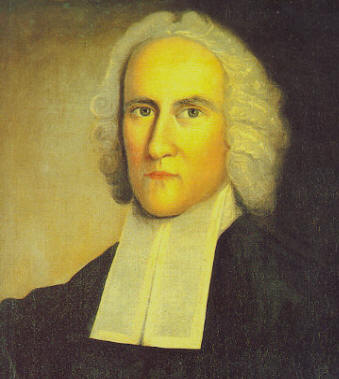
In the course of one evening I was presented with the same observation concerning Jonathan Edwards, the great 18th century pastor and theologian, from two different seminary professors who were not in contact with one another. Dr. Michael Haykin, who is teaching a current course of mine called “The Theology of Jonathan Edwards and Andrew Fuller” and Dr. Ben Witherington, a professor at Asbury Theological Seminary, both had this to say about Edwards:
Of all the writings, sermons, and letters of Edwards, including his famous “Sinners in the Hands of an Angry God” and “Freedom of the Will,” the greatest impact Edwards had on Christian life in America and around the world came from the most unlikely of sources; his biography of missionary David Brainerd. This, coupled with his writings on religious affections, made the greatest impact.
Edwards is considered to be the greatest American theologian of the 18th century and perhaps of all time. Theology mattered to him. He was fired from his pastorate because of his refusal to back down from a theological position (how many pastors are convicted enough to allow that consequence these days?) However, the legacy Edwards leaves behind is not just a theological prowess, but also a conviction to love and serve others because of our love for God. His chronicling the amazing piety, devotion, action, and service of David Brainerd has had more impact than anything else; teaching theology need never eclipse love for God and others.
I have heard many a good people say many a silly thing. (I’ve said my fair share, I’m sure.) Although we don’t want to pound away at theology at the expense of devoted service, the two can’t be divorced either. The only way we know how to love God and serve others is by rightly understanding and applying God’s word. Pastors need to be good theologians. But a good theologian without a pastor’s heart is pointless. The apostles were the all-time greatest theologians (despite the amazing liberal tendency to say Paul “got it wrong” sometimes), yet their theology is bound up in service to God and one another. I want to know Scripture as well as I can. I want to interpret Scripture to the very best of my ability. I want to have the conviction of my interpretations so that I teach them confidently and with authority. And I want to make sure that all along, my knowledge, interpretation, and teaching of Scripture continues to inspire, convict, and encourage believers to love God more every day and to take a closer look at their neighbor. They might just need our love.
